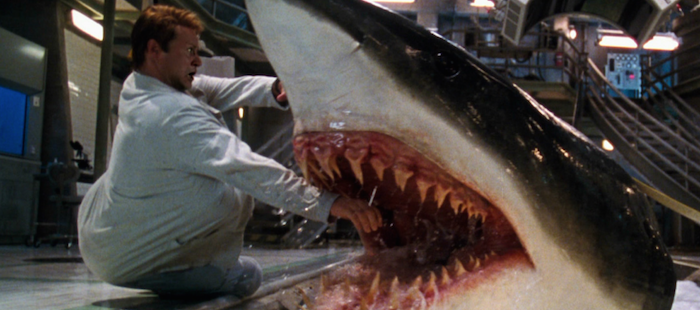

Without a place to live, animals can’t survive.ĪH: What happens to the ocean if there aren’t any fish? I’d compare it to clear-cutting a forest. When we drag these heavy nets across the bottom of the ocean we destroy it, one swath at a time. Habitat is important for all animals and depending on the species they might live on sponges, in sediment, or in little rocky cracks or crevices. “When we drag these heavy nets across the bottom of the ocean we destroy it, one swath at a time.” None of which are commercially valuable but all form habitat. So you end up with a funnel with a big open mouth and it drags across the bottom of the ocean taking up or mowing down everything in its path including rocks, sponges and other invertebrates. A chain on the bottom edge of the funnel weighs the net down and buoys on the top edge of the funnel keep the funnel open.

This happens when a big net shaped like a funnel is dragged across the ocean floor. For instance, some bottom trawling is not only destructive but also nonselective, meaning you catch everything from the bottom including “trash” fish and destroy habitat in the process. Not all fisheries are dirty but some fishing methods are particularly destructive. One thing we don’t always talk about is the impact of destructive fishing methods. MG: Habitat alteration due to fishing and resource exploitation. (Photo by Allison Hurtado ’12)ĪH: What’s one threat people wouldn’t perhaps think of? Assistant Professor of Biology Michelle Gaither studies marine biology, the deep-sea and the evolution, ecology and origin of biodiversity in marine fishes. That’s also true of food supplies in places such as the developing world where people still fish for sustenance. If the animals move or cannot survive due to changing conditions, that affects us as humans. For example, recreation or sport fishers might not be able to use the same fishing grounds or prized species may no longer be found in traditional or popular fishing holes. As those things change or shift, economies are impacted. In places like Florida, the economy is tied to the marine habitat and the organisms that live there. There is so much carbon dioxide in the air, as it gets sequestered in the oceans it changes the acidity and chemistry of the water, which also affects an organism’s ability to survive. Some species will be able to make this adjustment but others will not and the end result will be that our marine communities will be different and where we find plants and animals will change. This means that species will have to adapt to changing temperatures, and do so quickly within a few generations, or shift where they live. Global warming is going to cause loss of habitat not just in shallow habitats but evidence indicates that even the deep oceans will be affected. We only see the thin layer on the surface where most fisheries are conducted and where coral reefs and mangroves are found.

The oceans are the biggest habitat on planet Earth, and that’s especially true for the deep ocean, which is the part we don’t typically see or explore. When you think about life in the oceans, overexploitation is certainly one of the biggest problems, but global warming is equally problematic. Michelle Gaither: The threats to oceans are multipronged. Her lab focuses on evolution, ecology and the origin of biodiversity in marine animals.Īllison Hurtado: What is our greatest threat to the oceans? UCF Today talked about these issues with Assistant Professor of Biology Michelle Gaither, a deep-ocean expert who has been studying sea creatures for more than 20 years. You can learn a lot about planet Earth and how biodiversity originates and is maintained by studying where it originated.” “A lot of the secrets of evolution and how new species arise can be found in the water.
DEEP BLUE SEA PATCH
A garbage patch in the Pacific Ocean is now twice as big as Texas, and dead whales have been washing ashore with plastic in their stomachs. This year’s observance follows recent research that suggests the amount of plastic in the ocean is worse than scientists previously expected. World Oceans Day - held each June 8 - is an opportunity to promote campaigns and initiatives that bring ocean issues to the forefront.


 0 kommentar(er)
0 kommentar(er)
